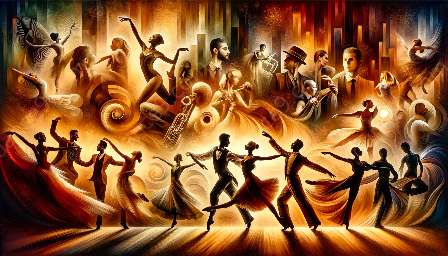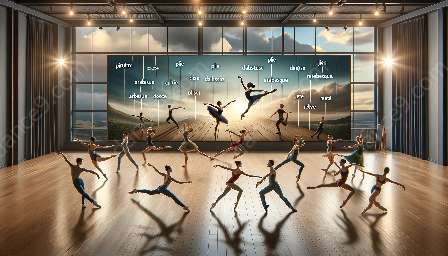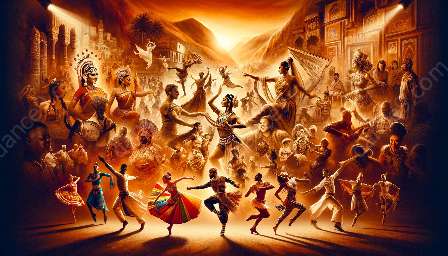The Role of Education and Advocacy in Dance Ethnographic Practices
Dance ethnography is a form of research that examines dance within its cultural and social contexts. It involves studying the role of dance in society, its historical significance, and its impact on individuals and communities. Education and advocacy play crucial roles in promoting a deeper understanding of dance ethnographic practices and fostering a more inclusive and supportive environment for dancers and researchers.
Understanding the Cultural Impact of Dance
Dance is a universal language that transcends geographical and cultural boundaries. It serves as a powerful vehicle for cultural expression, communication, and preservation. Through education, individuals can gain an appreciation for the diversity of dance traditions and the ways in which dance reflects and contributes to the rich tapestry of human culture. Advocacy efforts can raise awareness about the importance of preserving and celebrating diverse dance forms and their significance in shaping identities and fostering intercultural dialogue.
Advancing Social and Political Advocacy Through Dance
Dance ethnography provides a platform for examining the social and political dimensions of dance. Education plays a key role in empowering individuals to critically engage with the ways in which dance intersects with issues such as gender, race, and power dynamics. By promoting awareness and understanding of these intersections, advocacy efforts can work towards creating inclusive and socially just dance spaces and communities.
Engaging with Dance as a Research Practice
Education in dance ethnographic practices involves training researchers to approach their work with sensitivity, respect, and ethical consideration for the communities and individuals they study. By equipping researchers with the tools to engage in inclusive and participatory research practices, education supports the advancement of dance ethnography as a rigorous and responsible field of study. Advocacy efforts can highlight the importance of ethical research practices and advocate for equitable representation and recognition of diverse voices within the field.
Empowering Dancers and Communities
Education and advocacy in dance ethnography can empower dancers and dance communities to advocate for their own rights and interests. By providing access to education about the social, cultural, and political dimensions of dance, individuals can become informed advocates for the preservation of their cultural heritage, the recognition of their artistic contributions, and the protection of their rights within the dance community and beyond.
Conclusion
Education and advocacy play integral roles in advancing the study and practice of dance ethnography. By promoting understanding, inclusivity, and ethical engagement, education and advocacy efforts contribute to a more vibrant, diverse, and socially conscious dance community. Through these efforts, dance ethnographic practices can continue to evolve as a field that positively impacts cultural preservation, social awareness, and intercultural dialogue.











































